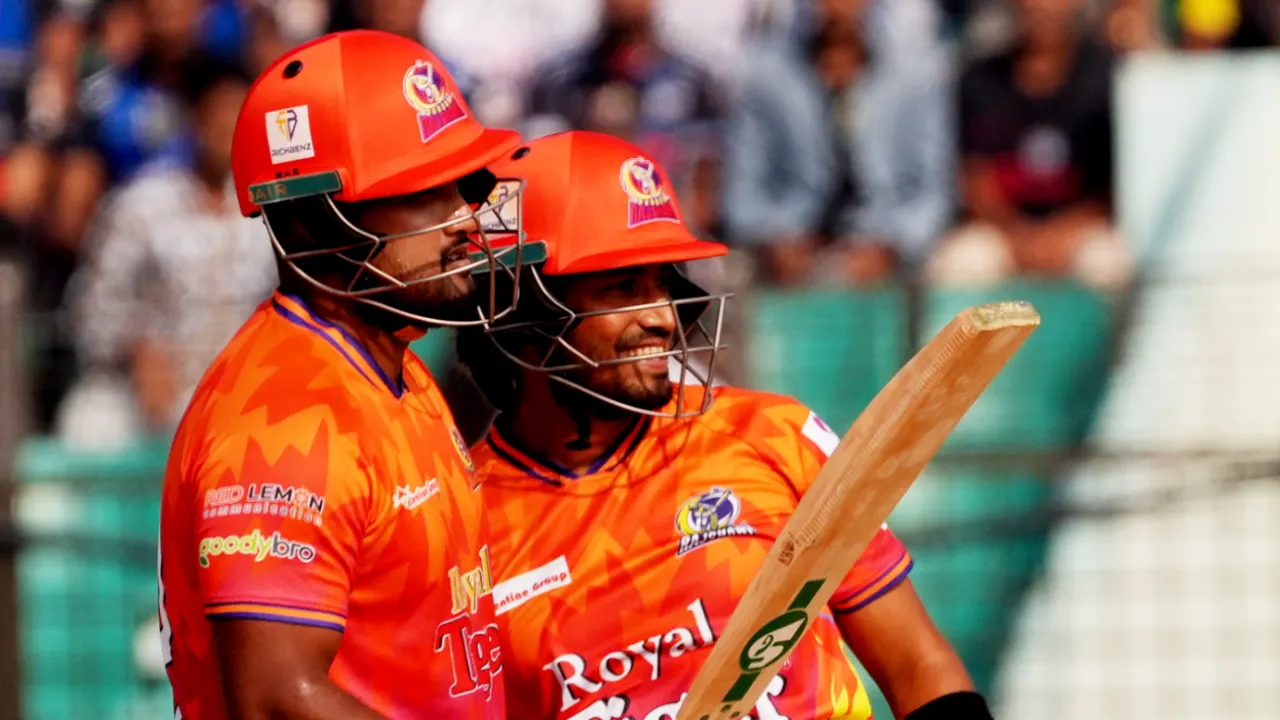The issue of delayed payments and unpaid salaries in franchise leagues has reached a critical point, prompting the World Cricketers’ Association (WCA) to call for a global framework to ensure players receive their earnings on time. With reports of outstanding payments surfacing across multiple leagues, concerns are mounting over the sport’s ability to regulate financial disputes effectively.
Growing Payment Crisis in Franchise Leagues
Late salary disbursements have long plagued various franchise leagues, particularly those outside the top-tier competitions. The problem resurfaced this week when the Bangladesh Cricket Board initiated legal action against a franchise for failing to compensate overseas players. Similar grievances have emerged from the Abu Dhabi T10 and Cayman Max60 leagues, indicating a widespread issue that extends beyond isolated incidents.
Industry insiders reveal that with the rapid expansion of franchise tournaments, financial mismanagement has intensified. The WCA, which tracks 53 men’s and women’s leagues worldwide, has received complaints from players in at least 17 leagues regarding delayed or unpaid salaries.
WCA’s Push for a Global Arbitration System
Tom Moffat, the WCA’s chief executive, emphasized that the current structure of international cricket is incapable of resolving cross-border financial disputes. He advocates for a global arbitration body—akin to FIFA’s Dispute Resolution Chamber—to oversee payment-related conflicts. However, the International Cricket Council (ICC) has distanced itself from these matters, maintaining that domestic league issues fall under the jurisdiction of individual member boards.
“In officially sanctioned leagues, players should have confidence that their contracts come with fundamental protections, including timely payments and an effective enforcement mechanism,” Moffat stated. He warned that without intervention, cricket risks losing credibility as a truly global sport.
Unpaid Salaries for Months: Players Left in Financial Limbo
A player agent, speaking anonymously, highlighted a troubling trend where some tournaments lure big-name cricketers with lucrative contracts, pay an initial installment to secure their participation, and then fail to honor the full agreement. “Many of these leagues operate without fear of repercussions. The ICC must establish a system that guarantees payments before sanctioning any tournament,” he asserted.
Proposed Solutions to Address the Issue
One potential fix gaining traction is the establishment of escrow accounts, wherein franchises would deposit player wages in advance. The league would then distribute salaries as per contractual agreements, eliminating disputes between teams and league organizers. This model could prevent leagues from blaming franchises—and vice versa—when payments stall.
The T10 format, in particular, has come under scrutiny, with several leagues struggling to maintain financial transparency. The Max60 League in the Cayman Islands admitted that 10% of player salaries remain unpaid from its inaugural season. Likewise, multiple players from the Abu Dhabi T10’s November edition have yet to receive their full payments.
League Responses and Future Prospects
Officials from the Abu Dhabi T10 acknowledged sporadic delays but downplayed them as “isolated incidents,” assuring that pending payments are being processed. Meanwhile, Max60 organizers cited franchise defaults as a key reason behind their financial hiccups and pledged to settle outstanding dues within two weeks.
With the start date for Max60’s second season postponed from March to May, questions linger over whether emerging leagues can uphold financial integrity. As cricket continues to expand fanchise leagues, the urgent need for regulatory oversight and standardized payment protections alongside clearing unpaid salaries have never been clearer.

